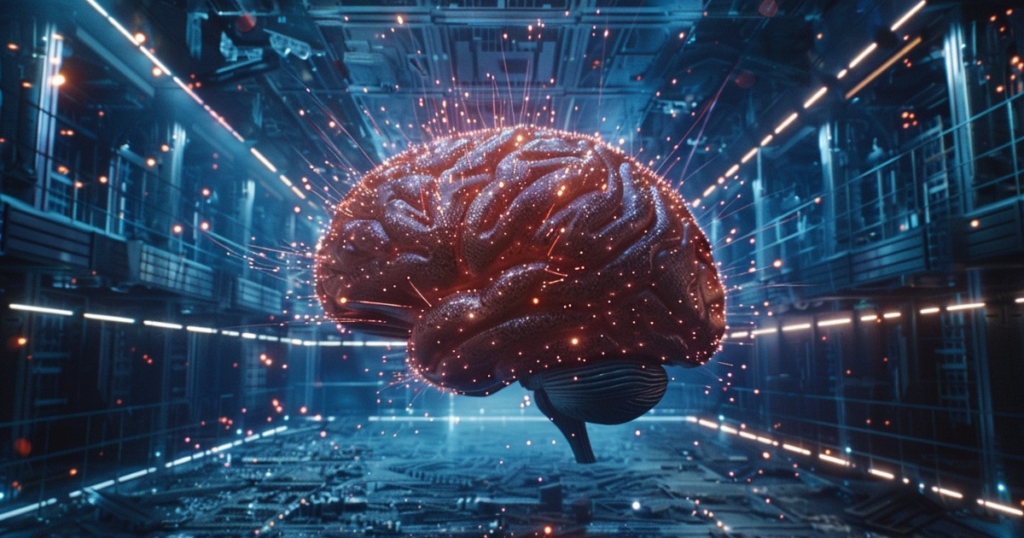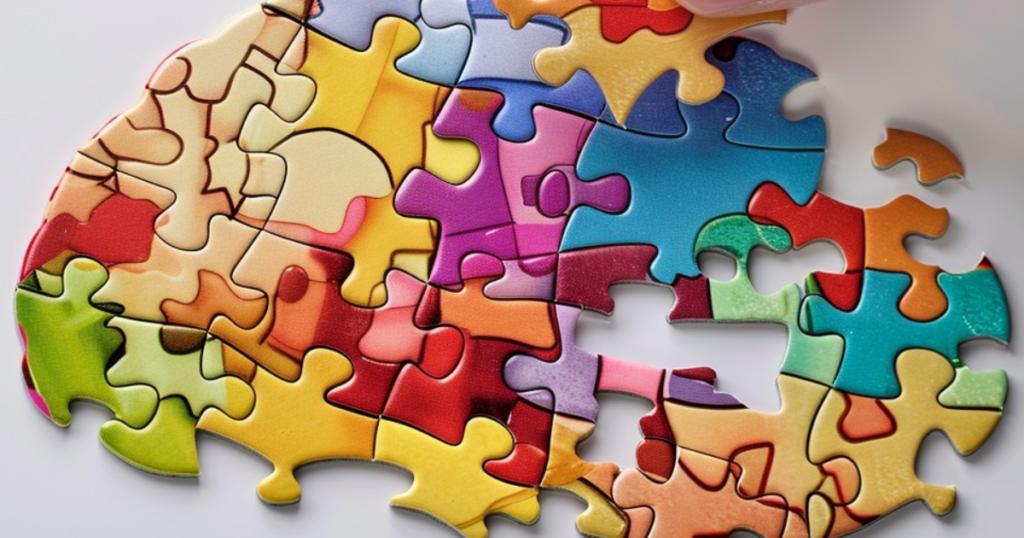
The digital age has created habits wherein smartphones, computers, and other electronic devices became extremely handy that people use them as if they are second nature to them. Although this introduces numerous benefits, some real troubles are now surfacing regarding its negative potential towards cognitive health. A new term, “digital dementia,” has cropped up to describe a phenomenon in which excessive digital device usage is causally linked to falling cognitive abilities, similar to symptoms traditionally categorized under dementia. This blog shall delve into the concept of digital dementia, its symptoms, the impact it has on the human brain, and possible ways of mitigating the impact of this growing anomaly.
Digital Dementia is a rather new term to define cognitive decline due to excessive use of digital technology. Coined by a German neuroscientist, Dr. Manfred Spitzer, after he diagnosed that young people are getting memory loss, concentration, and deduction skills—symptoms akin to dementia, usually found in elderly people. This is believed to be boosted by constant use of digital devices, including smartphones, tablets, and computers. It restrains the natural ability of the brain to save and work with information.
Digital dementia signs may vary from severe to mild, but in general, they include:

Memory Loss: Indeed, with the actual incapacity to remember names, dates, and any other vital data. This occurs since overreliance on digital device memory storage decreases the workload on the brain during information memorizing.
Reduced Focus Span: Shifting between tasks, executed on digital devices so often, sacrifices the attention span towards a particular task, as a person is not able to concentrate on a certain task for long.
Cognitive Overload: While one is constantly doused with information from digital sources, it’s a matter of no work that people can easily get mentally fatigued, which makes it hard to make proper decisions.
Impaired Problem-Solving Skills: The availability of instant answers provided by digital gadgets, on most occasions, undermines the need for an individual’s brain to fully engage in his or her critical thinking and problem-solving activities.
Sleep Disturbances: Using digital gadgets excessively, especially at night, might lead to disturbance in sleep patterns and problems like insomnia due to low quality of sleep.
The human brain is so adaptable that it is constantly rewiring itself in accordance with experiences and habits. This ability of the brain to reorganize itself at any time to the negative or to the positive in reaction to experiences and habits is referred to as neuroplasticity. In this context, pertaining to digital dementia, that is to be a two-edged sword. Some cognitive functions, like quick retrieval of information, are enhanced by technology, but some others that are very important, such as memory and attention, are further declined.

Memory Formation: While memorizing phone numbers, dates, or even directions that we tend to rely more and more on the capacity of digital technology in data preservation, the truth is we are depriving our brains of the activity and exercise in storing these things. Over time, this can weaken our memory formation and make storing small pieces of information much less efficient without the crutch of the technology.
Continuous Partial Attention: The chatter of incoming demands – including alerts, notifications, messages, emails, and the like – trains the brain to expect constant interruptions. So, the outcome is a loss of focus. It really starts to train the brain to do multiple things at once and switch between them rapidly. The quality of the attention paid suffers, and then soon cognitive overloading occurs in trying to actually multitask.
Impact on Children: Children are the most vulnerable to suffer from the effects of digital dementia due to the growing nature of their brains. Excessive screen intake during the necessary, critical stages of development can, therefore, hamper functional cognitive skill growth. In fact, it has been shown that children who spend more time on digital devices tend to have shorter attention spans, poorer memory retention, and weaker social skills than those with a more active, interactive lifestyle.
While the impression of digital dementia can be dismaying, there are a couple of things a person should do in the face of this effect towards cognitive health:
Set Time Limitations on Screens: One should be strict with the amount of time a person spends on digital gadgets. For kids, experts recommend the time spent eyes locked on screens to be quite limited, to at least one to two hours per day and directed towards material for learning purposes.
Exercise Your Brain: Try to exercise your brain through intellectual games like puzzles, reading, or memory games; that will also boost up the cognitive functions to act against the digital dementia. Promote Physical Activity: Regular exercise is known to increase blood flow in the brain, promoting new neural links, which subsequently enhances cognitive function.
Practice Mindfulness: Mindfulness techniques, such as meditation and deep breathing exercises, have proven to be fairly effective in enhancing focus and attention. They reduce cognitive overload and help maintain mental clarity.
Foster Social Interactions: Face-to-face social interactions are instrumental in the development and maintenance of many essential cognitive skills, including empathy, communication, and problem-solving.
Digital dementia is one of the prominent concerns of today’s tech-driven world, with a major focus on the younger generation, whose brains are still under development. Digital devices open druthers to comfort and amusement, but at the associated cognitive risk with overuse. An individual can safeguard their cognitive health if they know the symptoms and acknowledge the damage occurring in the brain. Then they can take some positive steps toward limiting time in front of screens and pursuing activities that keep the brain healthy.
